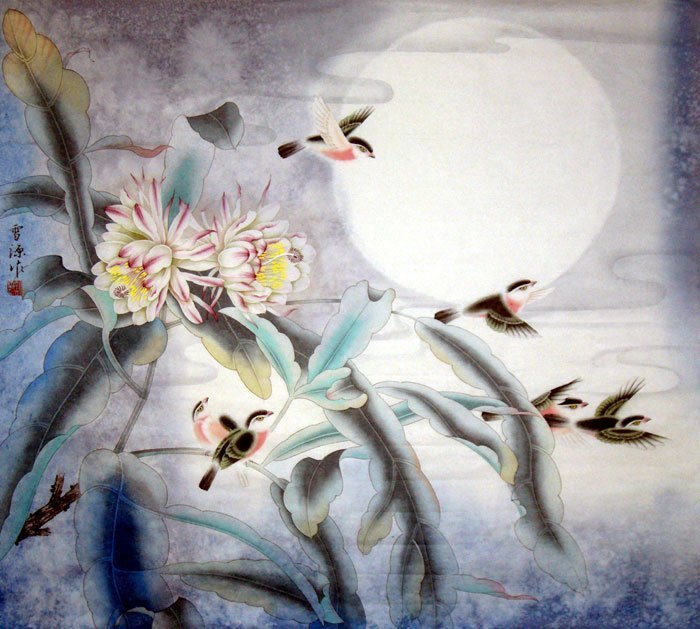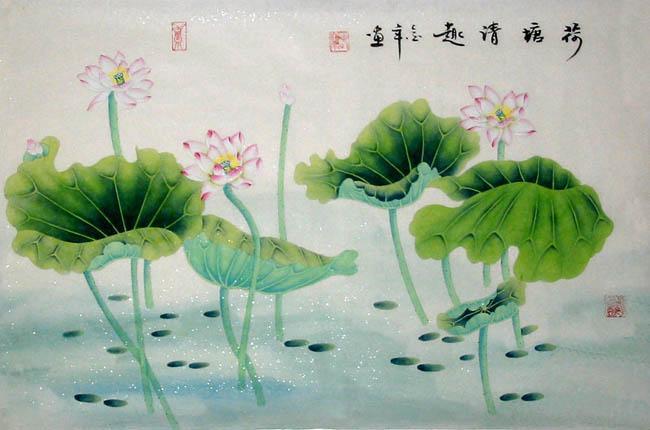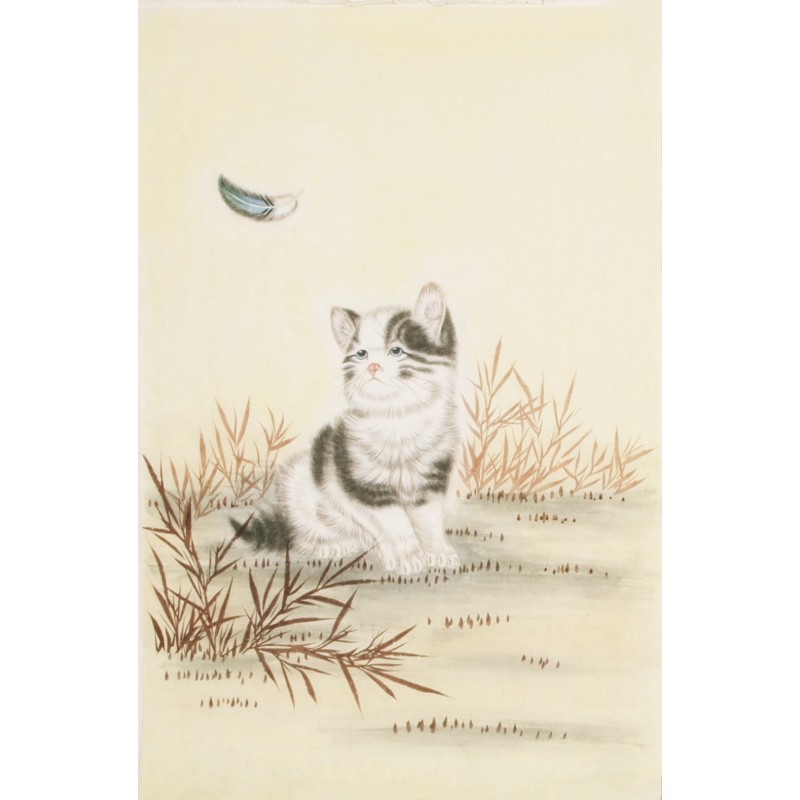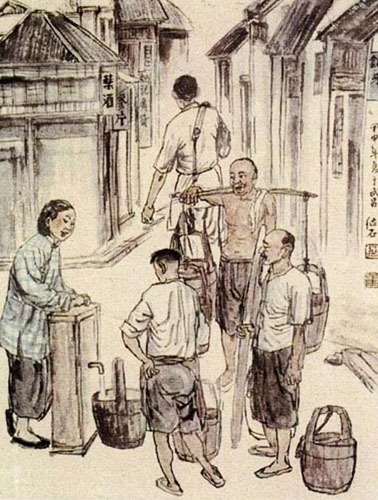The Lantern Festival falls on the 15th day of the 1st lunar month, usually in February or March in the Gregorian calendar. In 2013, Chinese lanter featival was yesterday, Feb 24th. As early as the Western Han Dynasty (206 BC-AD 25), it had become a festival with great significance.
Lantern Festival is regarded as a good day for family gather-together. According to the folk custom of China, people on that night will lighten up fancy lanterns and go out to appreciate the moon, set off fireworks, guess riddles written on lanterns, and eat rice glue balls to celebrate the festival.
The most important activity on this day is watching lanterns. Throughout the Han Dynasty (206 BC-AD 220), Buddhism flourished in China. One emperor heard that Buddhist monks would watch sarira, or remains from the cremation of Buddha's body, and light lanterns to worship Buddha on the 15th day of the 1st lunar month, so he ordered to light lanterns in the imperial palace and temples to show respect to Buddha on this day. Later, the Buddhist rite developed into a grand festival among common people and its influence expanded from the Central Plains to the whole of China.
The traditional dim sum eaten on Lantern Festival is called "yuanxiao" (rice glue ball) or commonly called "tangyuan". A meaning of family reunion and happiness may be felt even only from such name. Yuanxiao has its exterior made into a ball shape and white sugar, sweetened bean paste, and sesame as the stuffing. Besides, walnut meat, nuts, and even meat can be used as the stuffing as well. Apart from the boiling manner, yuanxiao may also be prepared through deep frying and steaming manners.
The Lantern Festival, a traditional Chinese festival which has undergone a history of over 2,000 years, is still very popular both at home and abroad, and any place where Chinese people live will witness a busy occasion on that day.






